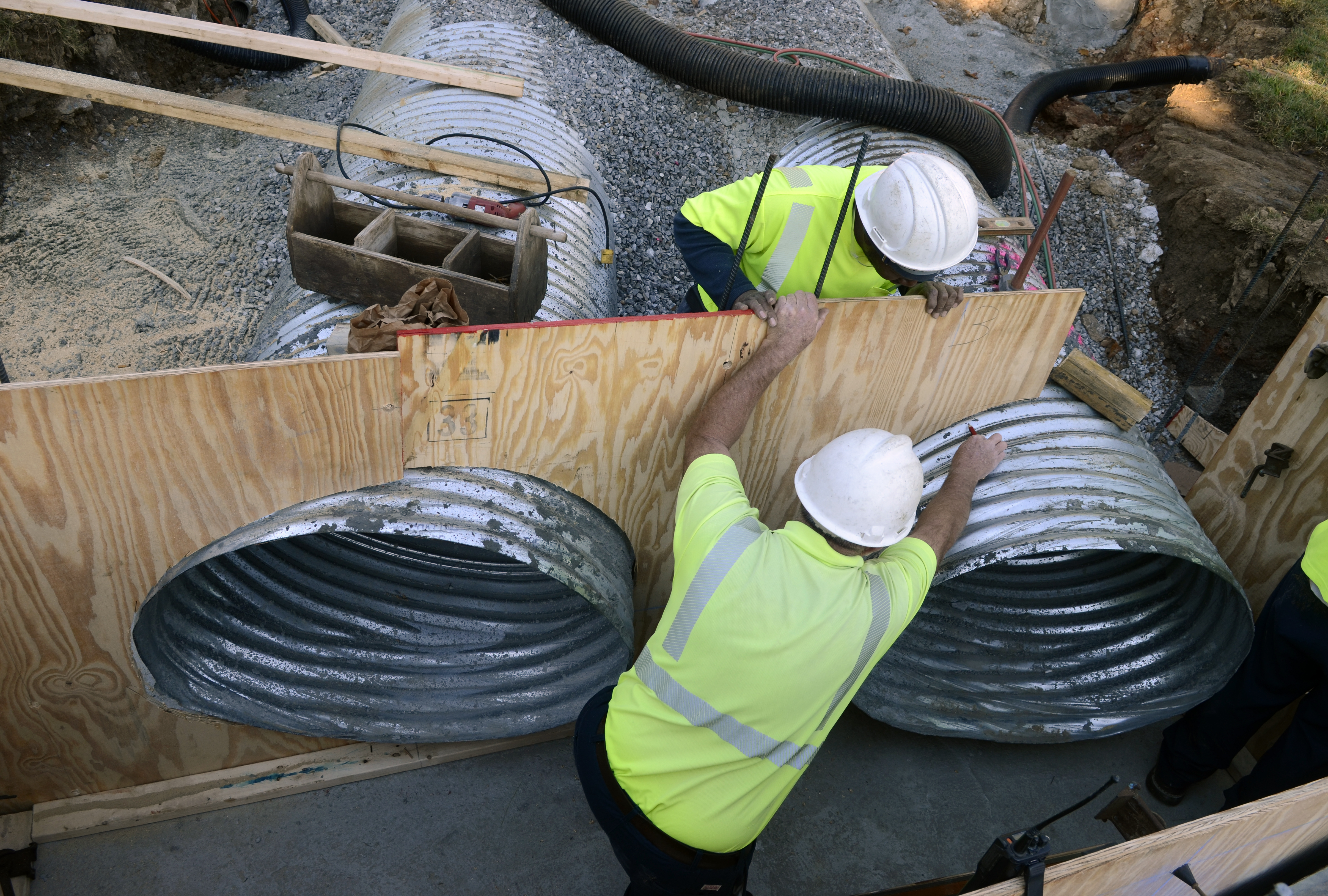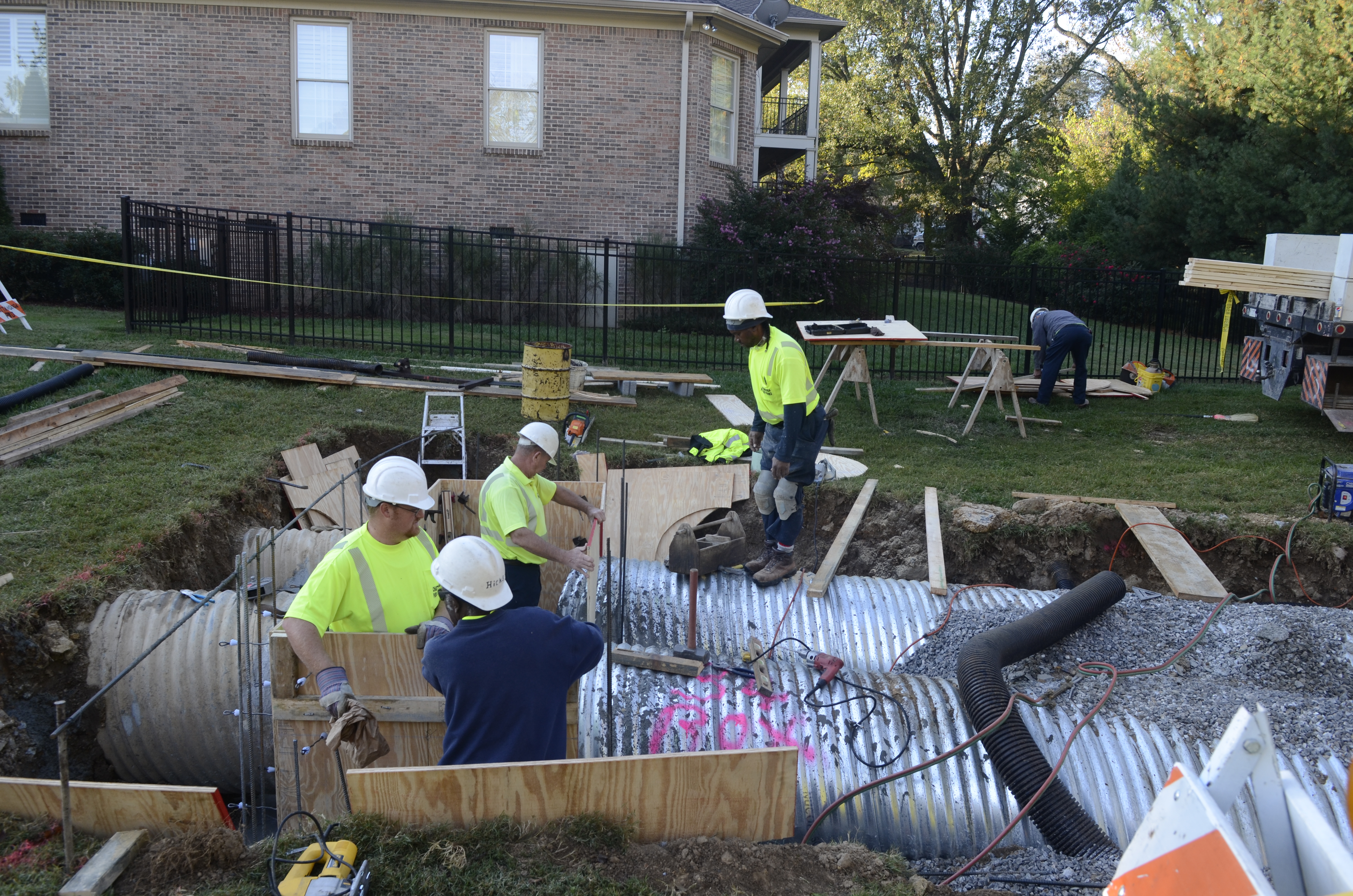Two years ago, the Hamilton County Water and Wastewater Authority said Chattanooga could have all the authority's sewers that lie within the city's urban growth boundary.
But the transfer still hasn't happened.
"We don't transfer that to them until they take over that community or area," said Chris Clem, attorney for the Hamilton County WWTA. "We made it clear to them that if they annex the area we will transfer it to them."
But records show a different story. In December 2009, the WWTA board voted to cede all sewers within Chattanooga's growth boundary. The vote made the city responsible for all sewers in that area.
City Attorney Mike McMahan said Friday the city received a letter in 2009 from the wastewater authority.
"They said they were going to cede all the property within the urban growth boundary," he said. "There's been no productive talks since then."
The WWTA acted in 2009 after the city started annexing large parcels of land. The vote was taken as an attempt to stop city annexation, newspaper archives show.
But the city promised only to install sewers into annexed areas within three years, records show.
If the WWTA gave up its assets to the city, Chattanooga wasn't bound to sewer areas it didn't annex. All the city must do is maintain the sewers, McMahan said.
With a public works staff three times the size of WWTA, "we could march down there without a hiccup," he said.
Ed Watt, chairman of the WWTA board, referred questions to Clem.
"We haven't negotiated with the city," he said.
Clem said the city would have to pay for any sewer system it takes over. He said the cost would have to be negotiated.
The estimated cost of the sewers within the urban growth boundary is about $23.5 million, according to newspaper archives.
But Clem said Friday most of the talk he has heard is about merging the services and not letting Chattanooga take responsibility. Two weeks ago, Chattanooga Mayor Ron Littlefield said he wanted to discuss the possibility of a merger between Chattanooga and the WWTA.
Littlefield said at the time he could see Chattanooga leading the way because the city controls the Moccasin Bend Wastewater Treatment Plant, which services most of the region.
"More of what we've heard is the city of Chattanooga turns everything over to us," Clem said.


